Education
Matthew 25 is excited to offer a unique educational opportunity occurring on Sunday. The event happens on Zoom and registration is required to receive the link. Be sure to click the link below for full details and to register today!
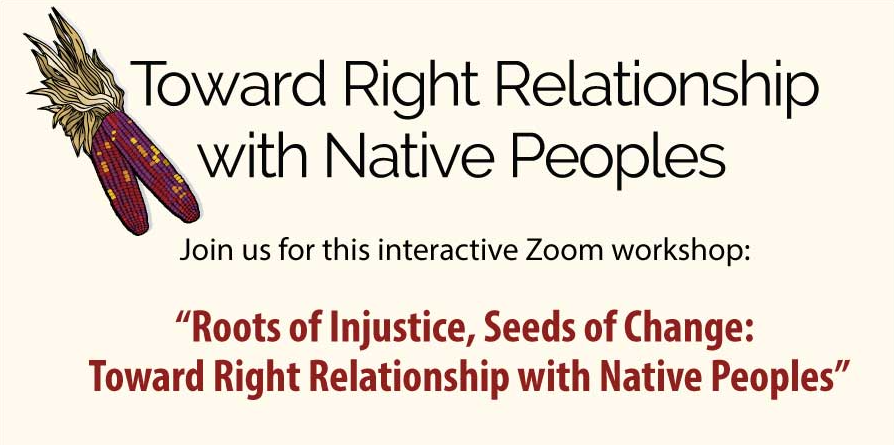
Sunday, June 23, 4-6 pm
To register and receive the Zoom link, CLICK HERE to visit the organization’s webpage (scroll down to registration form).
LEARN the real history of our country through the voices of Native people, European colonists, and historians
INTERACT — Experience this history as you never have before
UNDERSTAND why this history matters to all Americans today
RESPECT Native Americans’ rights, cultures, and presence
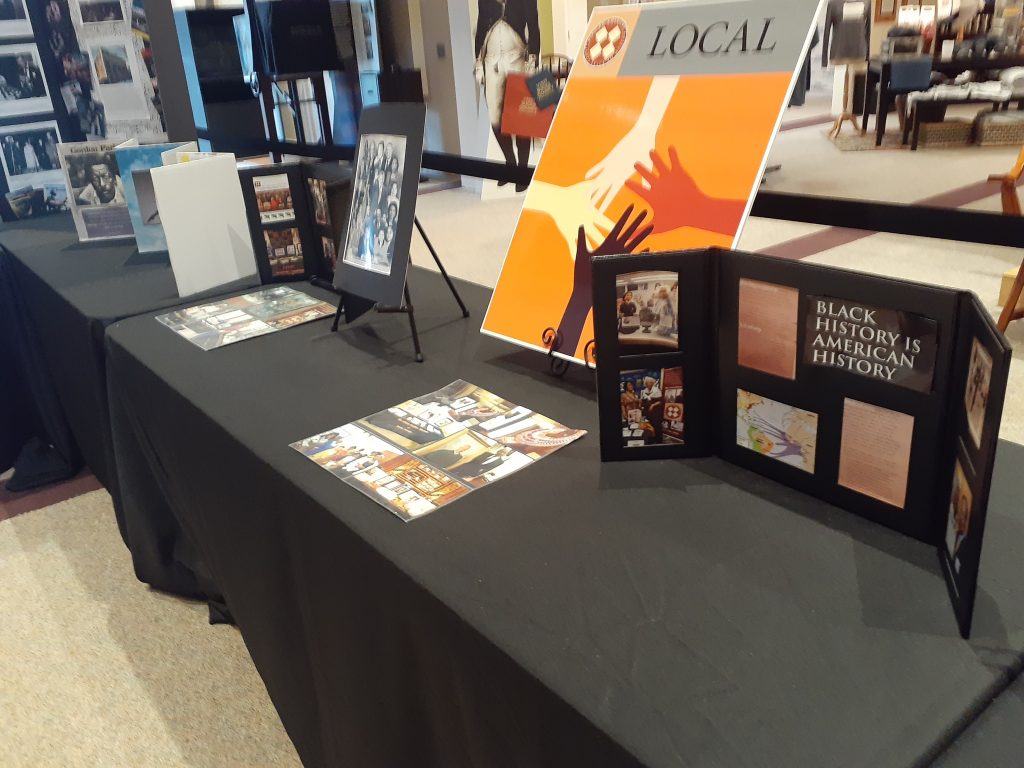
Dismantling structural racism begins with education. We have compiled resources on income inequality, educational disparities, criminal justice inequalities, housing discrimination, and government policies that have contributed to modern structural racism, which we can use to open our hearts and minds to a greater understanding of the impact of racism in our communities.
Expanding Your Anti-Racist Toolbox
The resources featured on this page are intended to help individuals who want to increase their understandings of structural racism and how to address racism from a faith perspective.
If you have a resource to share or don’t see one that would be helpful for you, please contact us at info@dtownpc.org with “Matthew 25” in the subject line.
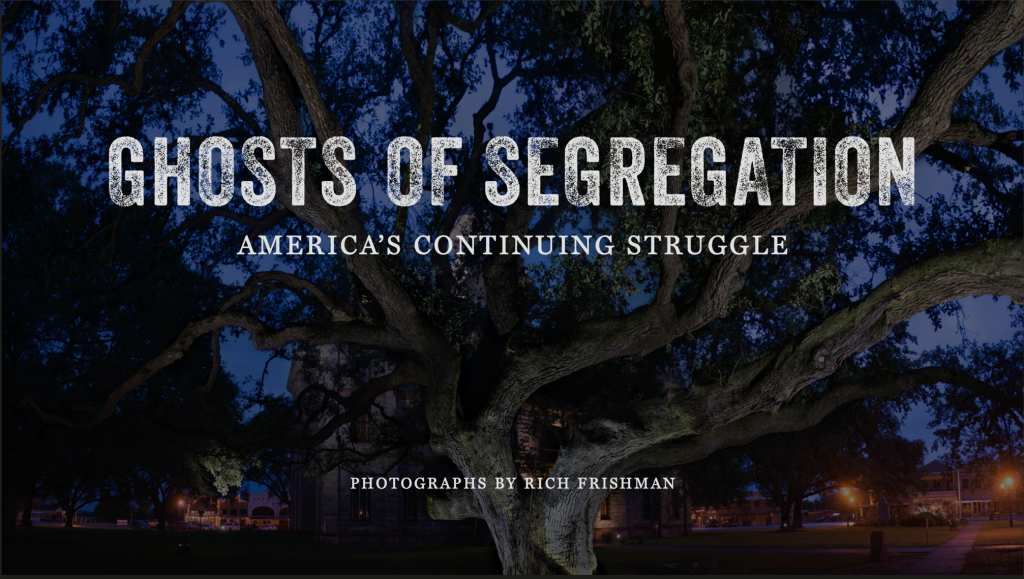
DPC’s Matthew 25 Task Force shared this collection of images captured by photographer Rich Frishman exposing remnants of segregation that still exist in buildings and landscapes all around the country – hidden in plain sight. These images provide an invitation to each of us to be open to how systemic racism still exists around and within us in ways that may be easy to overlook or miss, even years after the Civil Rights movement.
CLICK HERE to view the collection.
Tree Equity
On October 24, 2021, as part of the All Aboard our Matthew 25 Journey, members learned about the role trees can play in reducing the impact on health disparities, violence, and climate change on marginalized communities during a special adult education class. Stations were set up for letter writing to policymakers to advocate for change as well as an opportunity to look up the current environmental impact and bias experienced in specific regions and neighborhoods.
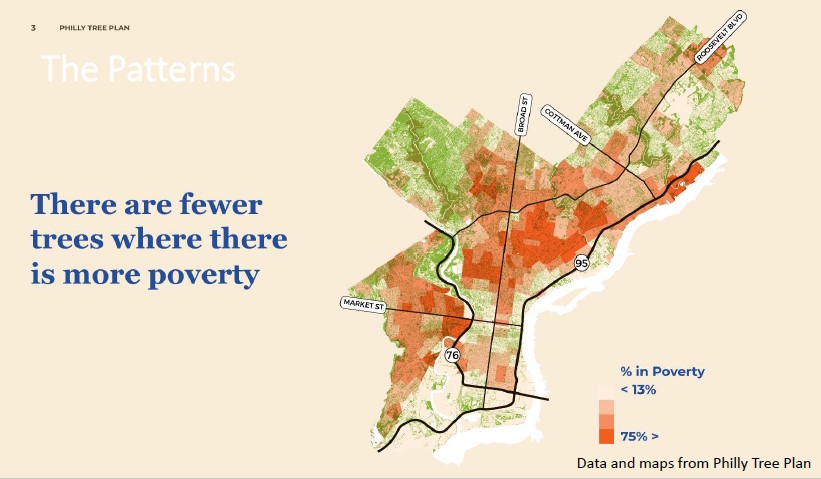
We invite you to view this video from National Geographic which was part of the presentation.
To view the full presentation, click HERE.
Waste, Race, and a Matthew 25 Environment
The Peace & Justice and Adult Education Committees presented this special four-week class examining the narratives surrounding our current waste disposal and recycling systems and their function in ordering environmental perception. Within these systems, waste remains hidden, while certain minority communities experience greater and disproportionate health risks. We also explored the role of the church in addressing these issues.
Well Chosen Words
What we say can have great impact. Some words are rooted in love and some in hate, but regardless of intent, words should be chosen carefully. As we strive to place the appropriate importance on our words and understand how they can affect each of us differently, we offer this guide prepared by the PC(USA) Presbyterian Mission Agency.
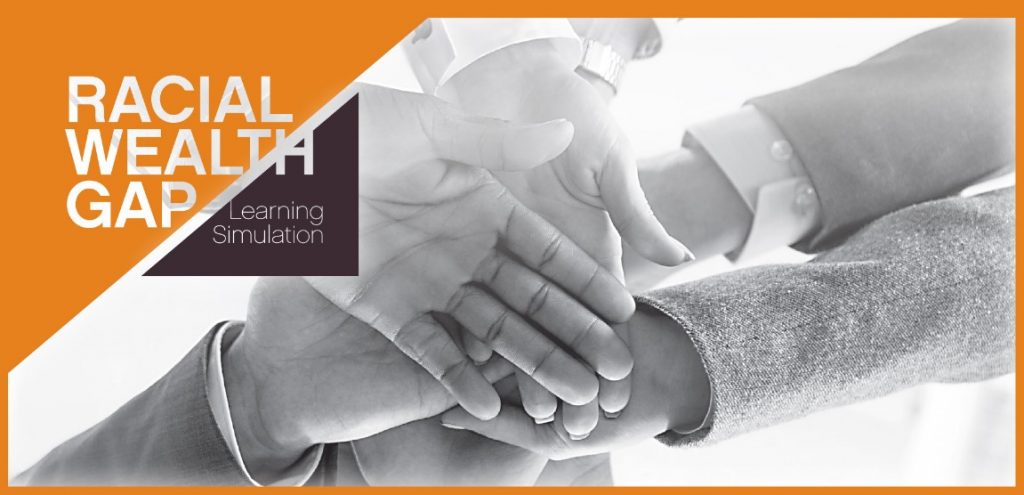
Racial Wealth Gap Learning Simulation
Bread for the world, a nonpartisan Christian organization working to end hunger around the world, created an interactive tool to help show the connections between racial equality, hunger, poverty, and wealth. It walks participants through federal policies from our past and present to illustrate how structural inequalities have developed between races in areas such as education, home ownership, and business loans. By understanding our history, we will be better prepared to identify and develop fair, effective solutions to the racial wealth gap and systemic poverty in our county. We invite you to download a detailed Policy Packet which provides complete details about the simulation.
This simulation was offered to the entire congregation during five sessions this summer.
Educational Reading List for Children